
The Hidden Power of Fasting Intermittent: Unlock Natural Healing
Fasting intermittently is a popular way to improve health and wellness. It involves alternating between eating and fasting periods, allowing flexibility for those who want

Immune boosters provide our immune system with the necessary support to function. Our immune defenses work to protect us from infections, illnesses, and other health threats. Therefore, it is essential to provide them with the support they need with foods to boost the immune system. While lifestyle choices, exercise, and adequate sleep all play pivotal roles in immune health, one of the most potent tools at our disposal is the food we consume.
We’ll look at the top ten superfoods in this blog that you should include in your diet. These extraordinary foods give options for cooking in addition to being highly nutritious. As a result, they are delicious and easily available options for those seeking a healthy diet to improve their health.
So, whether you’re looking to avoid seasonal sniffles, seeking to improve your defense, or simply aiming for a healthier lifestyle, join us on this immune booster adventure. Together, we’ll uncover the delicious and nutritious ways to keep your immune system ready to protect you.

A healthy immune system keeps the body safe while maintaining a balanced response to various challenges. The body needs protection from infections, diseases, and other health threats. A well-functioning immune system is essential for overall health and well-being.
The body’s immune response is a complex and coordinated system. It defends the body against pathogens, for instance, bacteria, viruses, fungi, and parasites. Furthermore, it protects the body against other foreign substances and abnormal cells, including cancer cells. The immune responses involve various cells, proteins, and processes. These work together to identify and eliminate these threats while maintaining a balance to avoid harming healthy tissues.
The immune system plays a critical role in defending the body against the flu virus or the common cold caused by cold viruses such as influenza viruses. Influenza is a highly contagious respiratory infection that can lead to a range of symptoms, from mild to severe. Thus, it’s critical to maintain good health and boost the immune system during flu season. You enable your immune system to combat infections and long-term illnesses by doing this.
Several vitamins play a crucial role in supporting and improving immune system function. A well-balanced, varied diet of nutritious foods that includes vitamins can help enhance your body’s ability to fight bacteria and infections and maintain a strong immune system full of good bacteria. The nutritional benefits of vitamins and minerals depend on the amount of nutrients consumed, including the speed of absorption into the body.
Here are some key vitamins known for their immune-boosting properties and many health benefits:
Vitamin C is one of the most well-known immune-boosting vitamins. It increases the production of white blood cells. Therefore, it is essential for fighting infections, as white blood cells aid in immunity. Most citrus fruits, for example, oranges, grapefruits, and lemons are great sources of vitamin C.
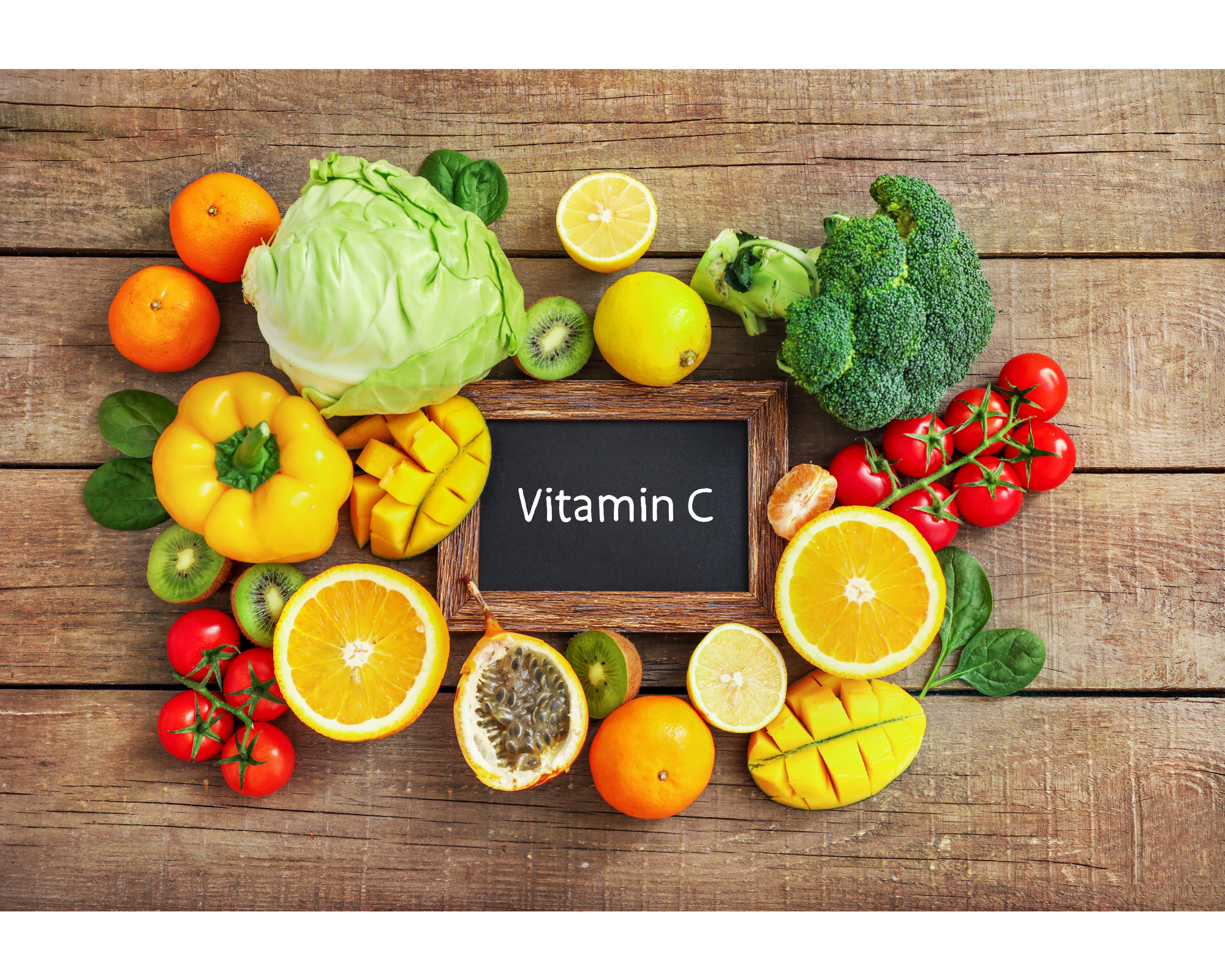
Vitamin D is a fat-soluble vitamin that plays a crucial role in immune health by regulating the immune response and fighting inflammation. It can also enhance the antimicrobial activity of immune cells, thus, improving or strengthening the ability of these cells to fight and destroy invading microorganisms. You can get vitamin D from sunlight exposure, fortified foods, and supplements.
Mushrooms, such as shiitake and maitake mushrooms, contain vitamin D when exposed to sunlight or ultraviolet (UV) light during growth. While the vitamin D content in mushrooms is generally lower than in animal sources, they can still contribute to your intake.
Vitamin D is important for immune function. Therefore, vitamin D deficiency increases the susceptibility to infections and respiratory illnesses.
Vitamin A is essential for keeping your skin healthy. However, it also maintains the health of mucous membranes, which are barriers against pathogens. It also supports the production of antibodies. Foods high in vitamin A include sweet potatoes, carrots, and spinach.
Vitamin A deficiency causes illnesses and deaths worldwide, particularly among women, children, and infants in low-income countries. A systematic review found that approximately 253 million children are at high risk of experiencing immunodeficiency caused by vitamin A deficiencies.
Vitamin E is an antioxidant that helps protect immune cells from damage caused by free radicals. Free radicals are unstable molecules that can harm cells, DNA, and lipids, contributing to aging and various diseases. Vitamin E is a fat-soluble vitamin that maintains overall health. It encompasses a group of compounds, with alpha-tocopherol being the most biologically active form. Nuts, seeds, and vegetable oils are good sources of vitamin E.
Vitamin B6, also known as pyridoxine, is an essential factor in immune function, predominately the production of antibodies and the function of immune cells. Foods including chicken, fish, cereals, beans, and bananas contain it.
The recommended daily intake of vitamin B6 varies by age and gender. In the United States, the Recommended Dietary Allowance (RDA) for vitamin B6 for adults typically ranges from 1.3 to 2.0 milligrams per day.
Vitamin B12 helps certain immune cells to mature, such as T cells and natural killer (NK) cells. Thus, it is essential for the body’s defense against infections and cancer. It is primarily found in animal-based foods, for example, meat, fish, and dairy products. However, fortified plant-based foods often have vitamin B12.
Folate supports the production and repair of DNA. Thus, it is critical for immune cell division and growth. Leafy greens, legumes, and fortified cereals are good sources of folate.
Vitamin K is necessary for proper blood clotting and can affect immune function. The anti-inflammatory properties of vitamin K may help reduce inflammation in the body. Chronic inflammation can weaken the immune system, and controlling inflammation is essential for overall health. Broccoli is high in vitamin K, as are leafy greens like spinach and kale.
While zinc is a mineral, it plays a crucial role in immune function. It helps immune cells function properly and helps in the production of antibodies. Oysters, beef, beans, and nuts are good sources of zinc.
Selenium is an antioxidant that supports the immune system by protecting cells from oxidative damage. In order for proper functioning of the immune system, selenium is necessary. It improves the proper function of immune cells, including T cells, B cells, and natural killer (NK) cells. These cells play essential roles in identifying and eliminating pathogens, such as bacteria, viruses, and cancer cells. Foods like Brazil nuts, seafood, and whole grains contain selenium.
Vitamin B2 aids in the production of energy and the metabolism of other nutrients. Riboflavin is a component of two important antioxidant enzymes: glutathione reductase and riboflavin kinase. These enzymes help protect cells from oxidative damage caused by free radicals, which can weaken the immune system. It supports immune cell function. Dairy products, lean meats, and green leafy vegetables are good sources of B2.
Food plays a crucial role in supporting a healthy immune system. Vitamins, minerals, and antioxidants from nutrient-rich foods provide essential help to strengthen the immune system. Thus, by taking the necessary steps to boost your immune system, you will improve your ability to fight infection.
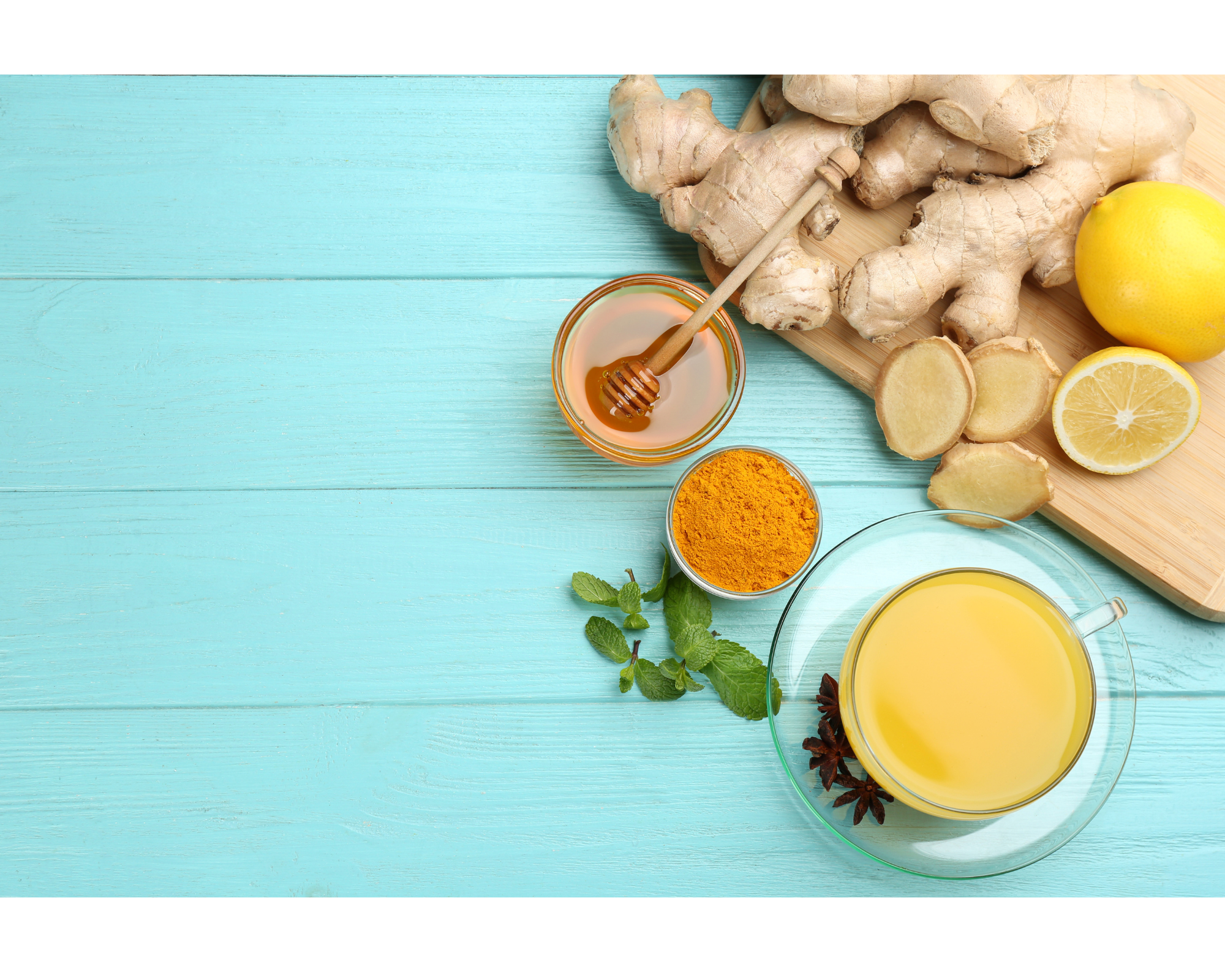
Here are some food immune boosters you can incorporate into your diet:
Oranges, grapefruits, lemons, limes, and other citrus fruits are rich in vitamin C. Vitamin C improves the production and function of white blood cells. White blood cells are a key component of the immune system.
Berries such as strawberries, blueberries, raspberries, and blackberries are full of antioxidants. Flavonoids, an antioxidant, help protect cells from oxidative stress and support immune health.
Garlic contains allicin, a compound with potent antimicrobial and immune-boosting properties. For centuries, garlic was a common treatment for fighting infections.
Ginger has anti-inflammatory and antioxidant properties. It helps reduce inflammation in the body and supports the immune system’s ability to fight off infections.
Turmeric contains curcumin, a compound known for its anti-inflammatory and antioxidant effects. It may help modulate the immune response and reduce chronic inflammation.
Probiotic-rich foods contain beneficial bacteria that support gut health. A healthy gut microbiome is vital for good immune system functioning. Yogurt is a great source of probiotics.
Leafy greens such as spinach, kale, and Swiss chard are excellent sources of vitamins and minerals. Vitamin C and folate are especially high in leafy greens. Thus, they are essential for immune function.
Nuts and seeds such as almonds, sunflower seeds, and peanuts are rich in vitamin E. Vitamin E is an antioxidant that helps protect immune cells from damage.
Fatty fish like salmon, mackerel, and trout are high in omega-3 fatty acids and healthy fats. Moreover, they have anti-inflammatory properties and may enhance immune function. Vegans can choose to take omega-3 fatty acids as a daily nutritional supplement.
Certain mushrooms, such as shiitake and maitake, contain beta-glucans, which are compounds known to stimulate the immune system. Shiitake mushrooms are not only delicious but also offer potential health benefits. They contain compounds like lentinan, which may support the immune system.
Sweet potatoes are rich in beta-carotene, a forerunner to vitamin A, which supports the skin and mucous membranes, important barriers against pathogens.
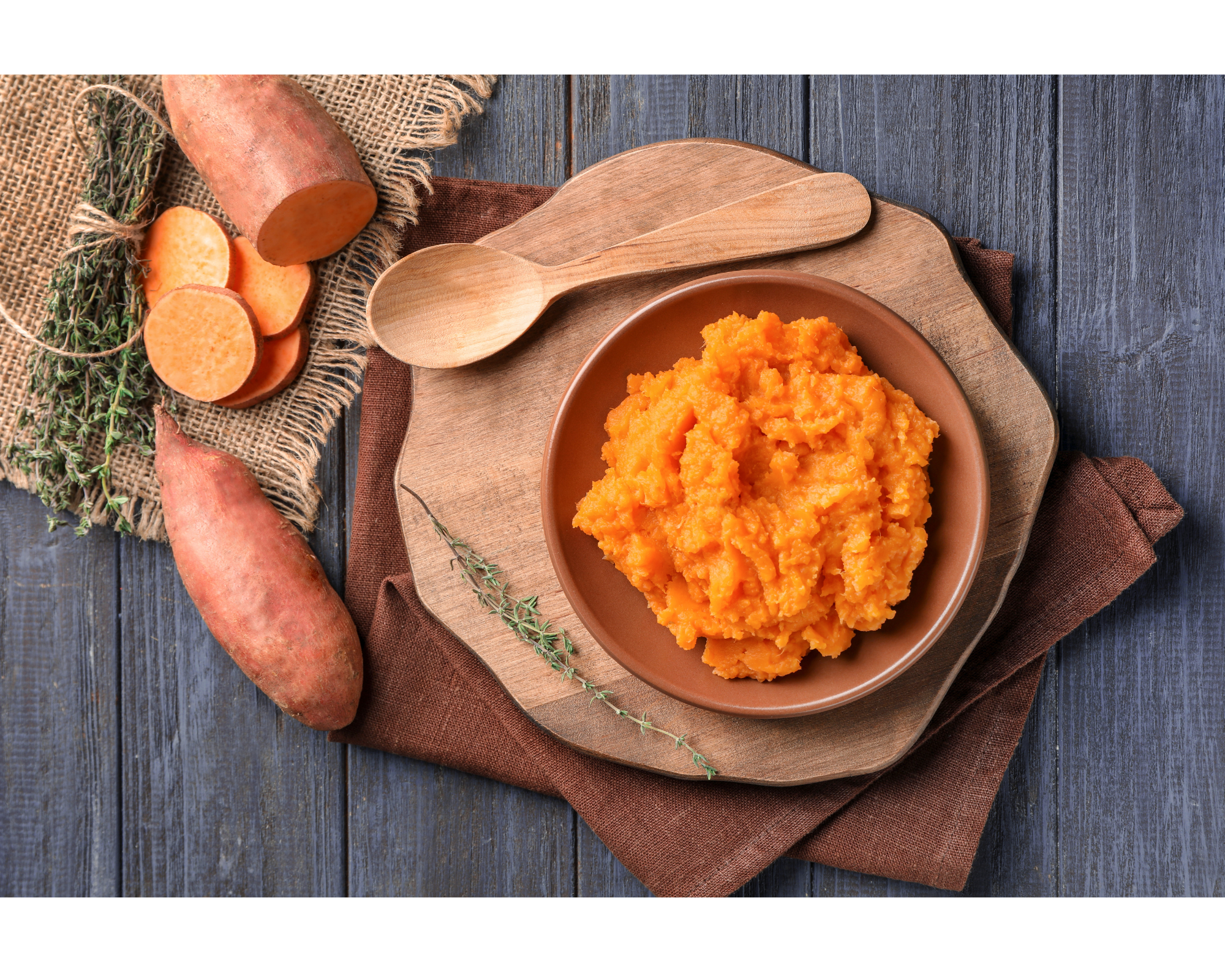
A fantastic source of vitamin C, vitamin A, and folate is papaya. Thus, it is a nutritious choice for supporting immune health.
Green tea and black tea contain catechins and theanine. Ingesting these compounds helps boost the production of immune cells. Therefore, green and black teas are helpful immune boosters.
Kiwi is high in vitamin C and other essential nutrients that contribute to overall immune health.
Onions contain quercetin, a flavonoid with antioxidant and anti-inflammatory properties. These properties support immune function.
Carrots are high in beta-carotene, which can help support the immune system by promoting healthy skin and mucous membranes.
Bell peppers, especially the red ones, are rich in vitamin C and other antioxidants. These antioxidants can aid in immune defense.
Broccoli is a cruciferous vegetable rich in vitamins, minerals, and antioxidants. Therefore, broccoli promotes immune health.
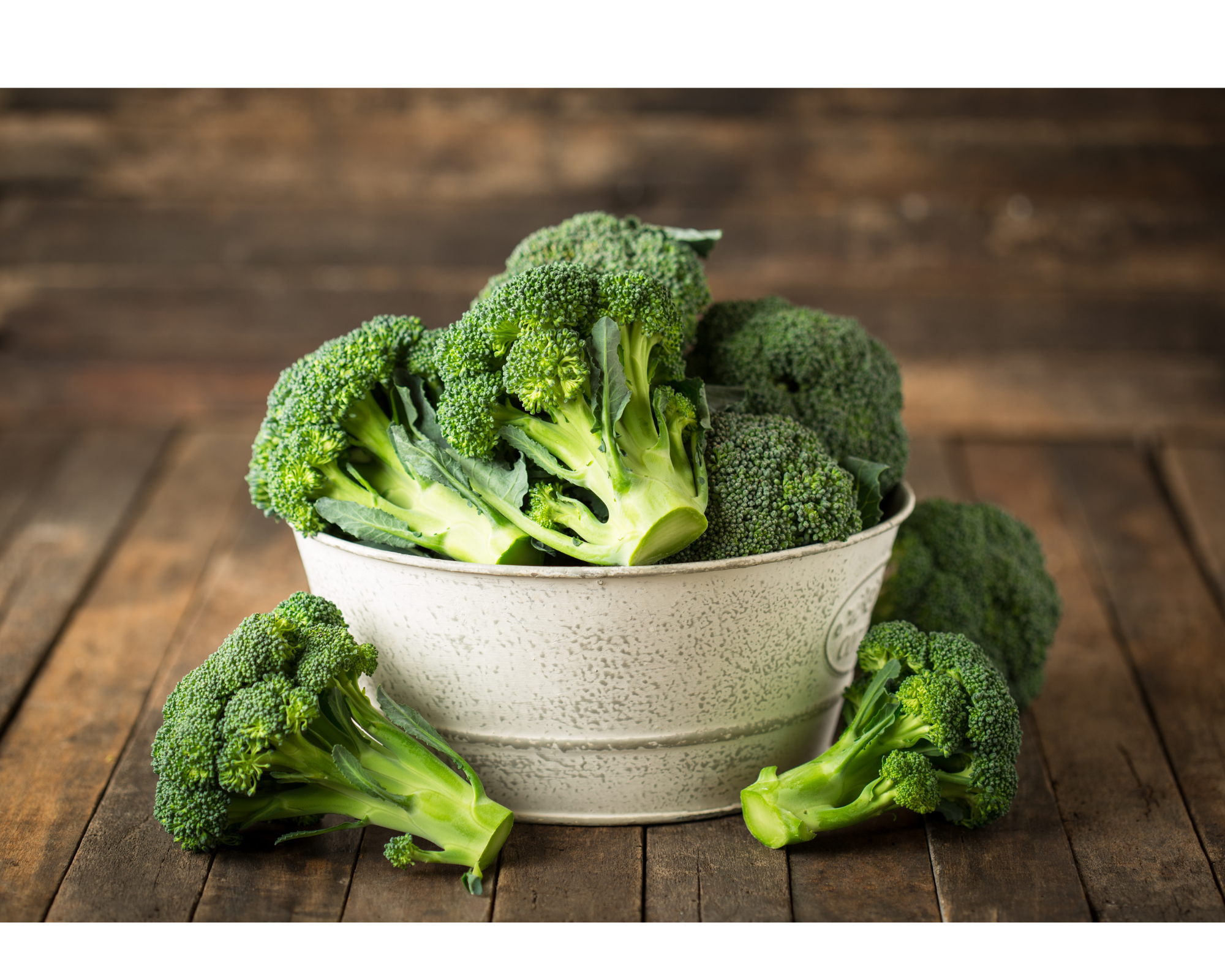
Incorporating a variety of these immune-boosting foods into your daily diet can help provide the nutrients and compounds needed for a strong and resilient immune system. To maintain good immune function, one must combine other healthy lifestyle behaviors with a varied and balanced diet.
Immune-boosting supplements can support the immune system by providing essential nutrients, antioxidants, and natural compounds. They enhance immune function when a diet is lacking immune-boosting nutrients.
Immune Defense has essential vitamins, minerals, antioxidants, and other natural ingredients to help boost and maintain a healthy immune system.
Immune Defense also contains a mushroom complex of Shiitake powder, Maitake powder, and Reishi powder. Beyond just raising immunity, this mixture has many incredible health advantages.
Studies show that these can help boost heart health, protect against cancer and inflammation, and strengthen your bones.
It also contains essential nutrients, including Vitamin C, Vitamin E, and Selenium to provide immune boosting and antioxidant support.
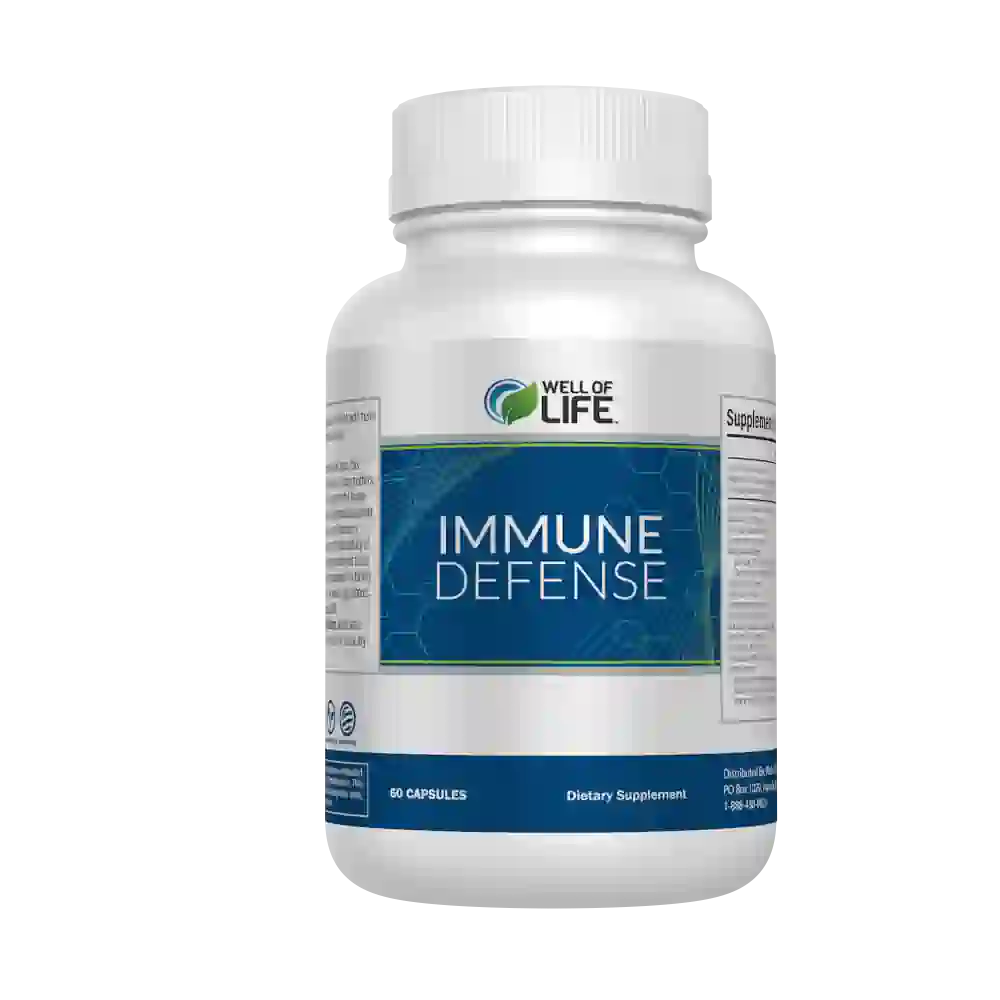
Omega-3 fatty acids are not direct immune system stimulants like vitamins or minerals. However, they play a role in overall immune health and inflammation regulation, which can indirectly support immune function in various ways.
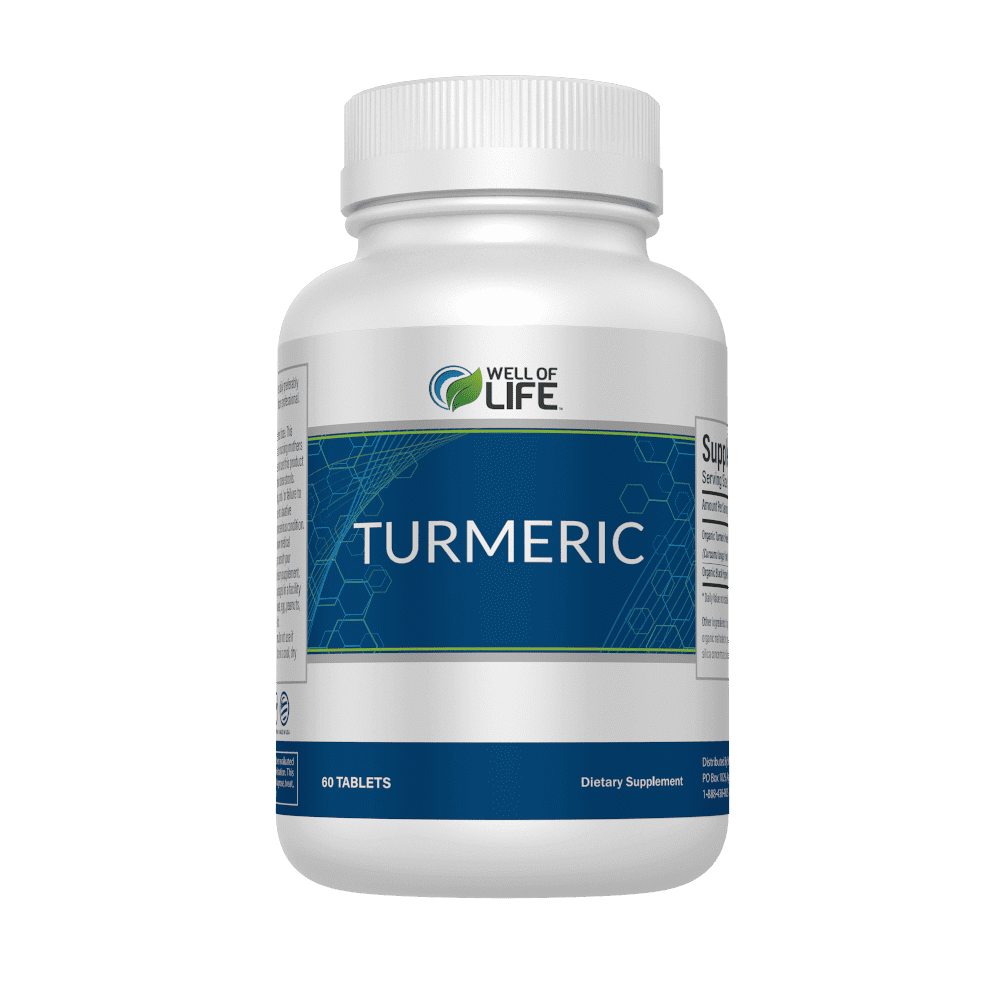
Omega-3 fatty acids are not direct immune system stimulants like vitamins or minerals. However, they play a role in overall immune health and inflammation regulation. This can indirectly support immune function in various ways.
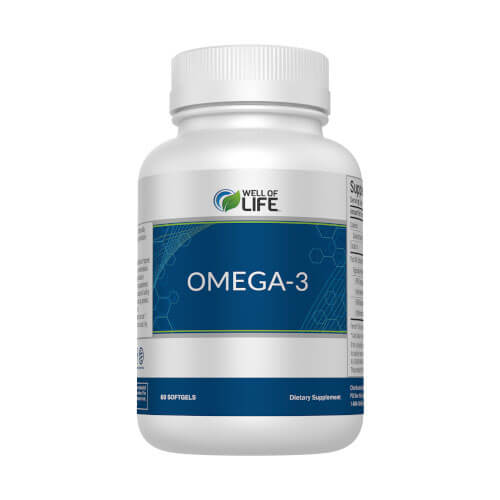
In our exploration of “Immunity Boosters: Foods To Improve Immunity,” we’ve uncovered the remarkable potential of nature’s pharmacy to improve our body’s defenses. From the citrus fruits filled with vitamin C to the humble garlic clove with its powerful antimicrobial properties, we’ve ventured through a world of culinary delights that can double as your immune system’s best allies.
The importance of a healthy immune system is paramount. It serves as your body’s guardian, tirelessly working to fend off infections, illnesses, and health threats that come your way. While a robust immune system depends on more factors beyond your plate, the foods you prefer to consume can play a pivotal role in nurturing its strength and resilience.
So, here’s to a future of optimum immune function, to a life well-lived and well-nourished, and to the enduring journey of supporting the incredible immune system that keeps you going, day after day, season after season. Cheers to your health!

Fasting intermittently is a popular way to improve health and wellness. It involves alternating between eating and fasting periods, allowing flexibility for those who want

Gluten-free lifestyles might seem intimidating, particularly if you’re just getting started. All sorts of tasty and healthy options that you may not have thought of

Basic Health for Men: A Gentle Guide for a Better Lifestyle Health for men is a topic that is often overlooked because there are more

The Power of A Digital Detox: Revitalizing Your Life A digital detox is needed now more than ever, as digital devices are our most valuable

The Role of Chlorine Dioxide in Holistic Healing: Alternative Therapies Chlorine dioxide (CDS), also known as the miracle solution, has been underestimated for many years.

A vertigo dizziness remedy can be difficult to find as vertigo can be an unsettling experience. This often leads to a spinning sensation and feeling


This website or its third-party tools use cookies, which are necessary for its functioning and required to achieve the purposes illustrated in the cookie policy. You accept the use of cookies by closing or dismissing this notice, by clicking a link or button or by continuing to browse otherwise.
3 thoughts on “Immunity Boosters: Foods To Improve Immunity”
Thankyou so much for this very helpful information. I have been wiped out by a virus and you have given me great suggestions of how I can get back on track.
I learned something very helpful:
My doc has me on Ubiquinol (the most absorbable form of CO-Q 10) as it restores the ATP which is decimated by virus.
It’s been 3 weeks of not living …. Hope to be well soon.
Bonnie
thank you for excellent mail
Thank you, your article surprised me, there is such an excellent point of view. Thank you for sharing, I learned a lot.